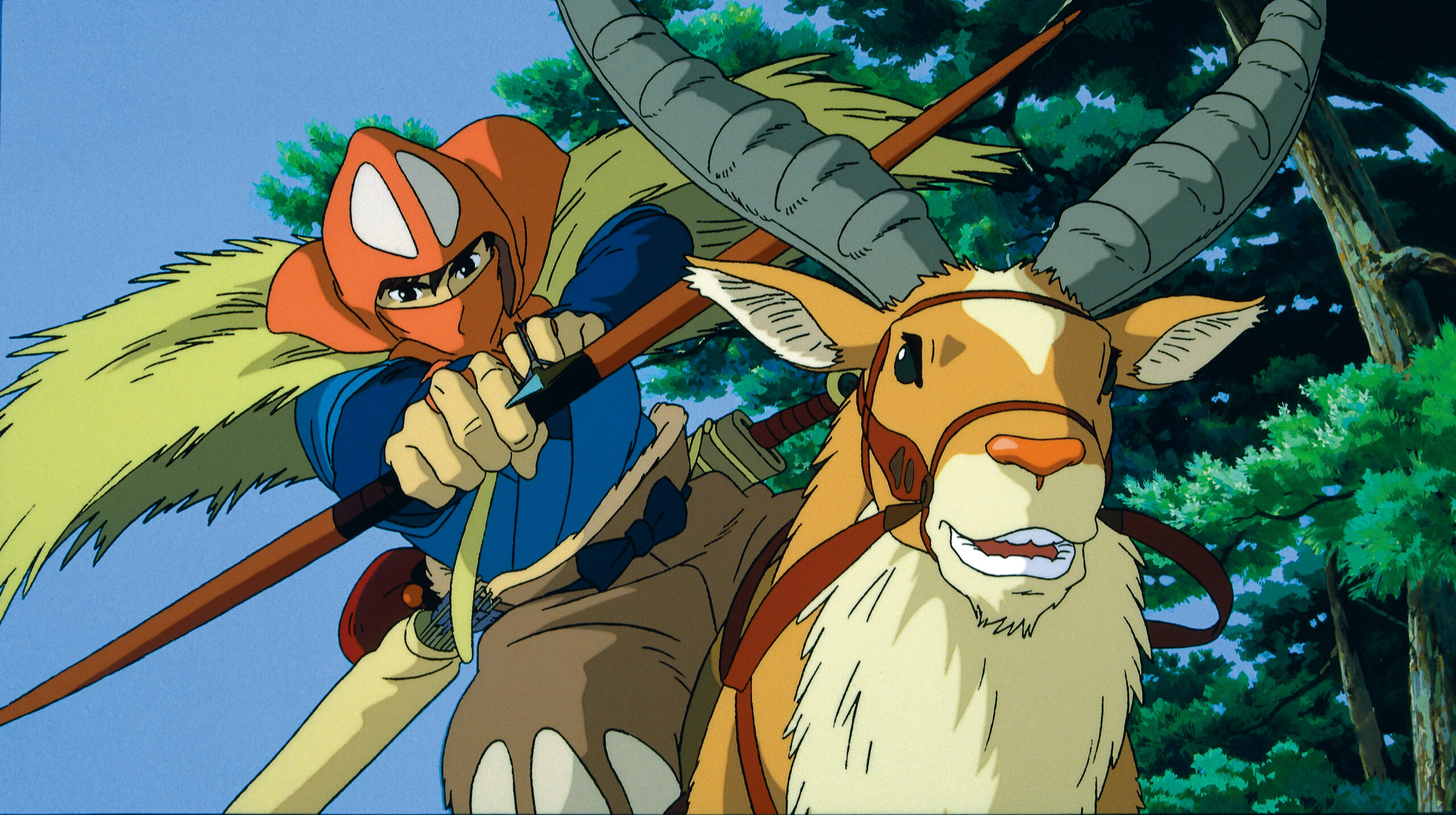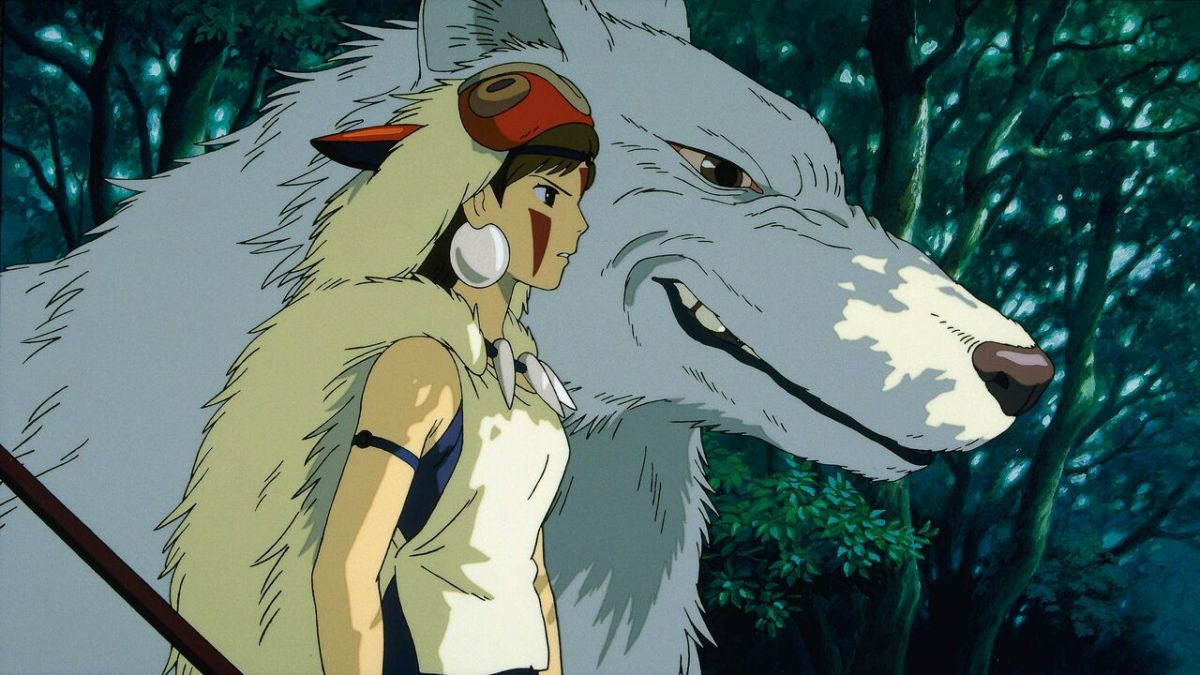Hayao Miyazaki is a name that is spoken with no small amount of respect and reverence. The master of animation has created some of the most magnificent animated films of all time, including the Academy Award-winning Spirited Away, the only foreign film to have ever won Best Animated Feature. However, bringing his movies over to America has not always been an easy one for the artist.
Miyazaki started work as a television and film animator in the ’60s, with his first film The Castle of Cagliostro released in 1979. It was his second one that set everything in motion for him though, and also the one that brought him the most strife when it came to bringing it to Western audiences. Nausicaä of the Valley of the Wind is considered Miyazaki’s first masterpiece and is one of the reasons he was able to co-found Studio Ghibli.
When Naussicaä made its way over to The States it was given a 95-minute English dubbed adaption. It drastically altered the story by changing the characters’ names, cutting large swathes of the storyline, and reducing the strong female presence from the marketing. It drastically reduced the quality of the storytelling and left Miyazaki extremely dissatisfied seeing his work butchered, causing him to take a “no-edits” approach to future foreign releases.
Ghibli eventually signed a deal with Disney giving them release rights in the mid-’90s. Initially, this worked well for both parties, with Disney handling the dub, and bringing in suitable voice actors to make the film more appealing to an English-speaking audience. The first few films, Kiki’s Delivery Service and Castle in the Sky, went down well with Disney’s family-friendly ethos, but when it came to Princess Mononoke, it was not exactly the “princess” film that the studio had been expecting.

With dark undertones, violence, warped creatures, leprosy, and a battle between nature (represented by the Spirits) and humans, the film was not as light and fluffy as what had come before. It had been hugely successful at the box office in Japan, and received plenty of critical praise, but Disney did not know what to do with it. It handed the film off to Miramax, which was then helmed by the now-disgraced, Harvey Weinstein. Weinstein was renowned for making cuts and had battled with directors before, but when he suggested that Princess Mononoke go from 135 minutes to 90, Miyazaki sent a clear message.
In what is now known as an iconic response, the director sent across a genuine katana (Japanese blade) to the director with a note saying “no cuts.” Now that is metal as hell. In an interview with The Guardian way back in 2005, the director discussed this incident saying, “Actually, my producer did that. Although I did go to New York to meet this man, this Harvey Weinstein, and I was bombarded with this aggressive attack, all these demands for cuts,” adding with a smile, “I defeated him.”
So Princess Mononoke was saved by its creator and is now largely considered as one of his greatest films, though at this point everything he has done has received no small amount of praise. Legendary author Neil Gaiman was brought on to write the dub to make it more understandable for a Western audience and it was released in 2.3 million theatres, gaining the attention of critics and audiences alike and influencing filmmakers everywhere. Even James Cameron said that the film in no small way influenced his mega box office hit Avatar.
So if you needed another reason to love the famed artist, then the knowledge that he threatened the rather vulgar Weinstein with a literal sword is definitely a good reason.

